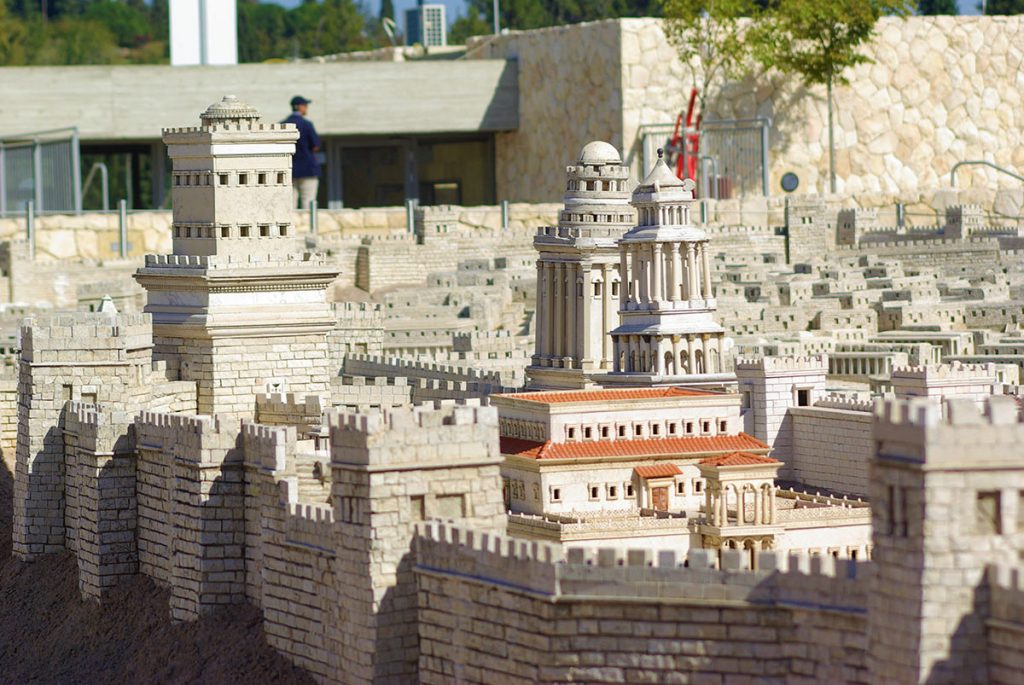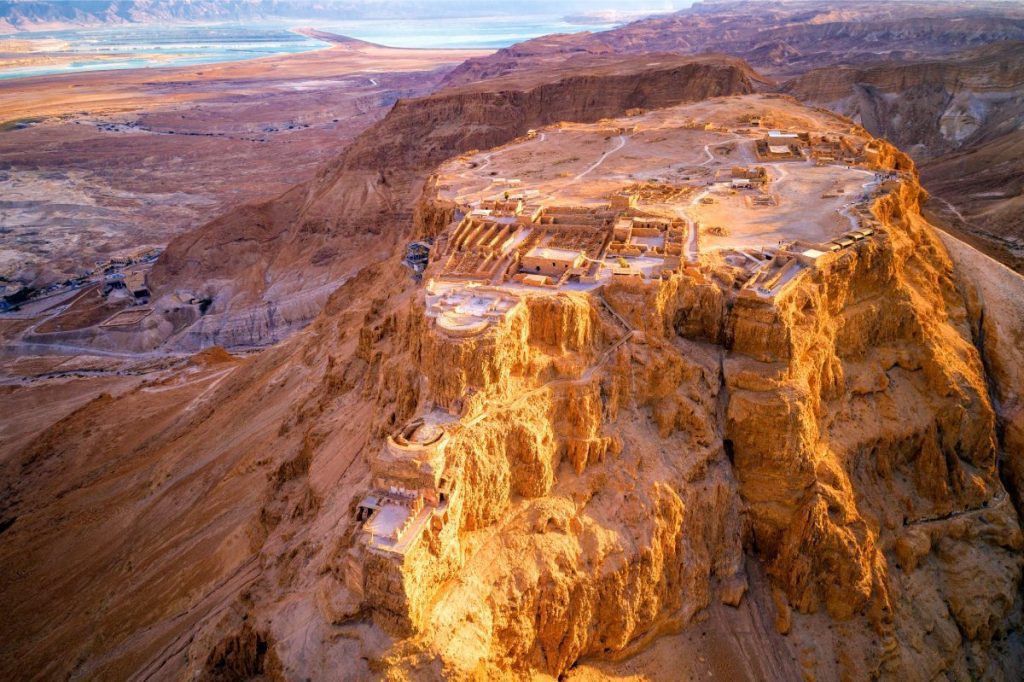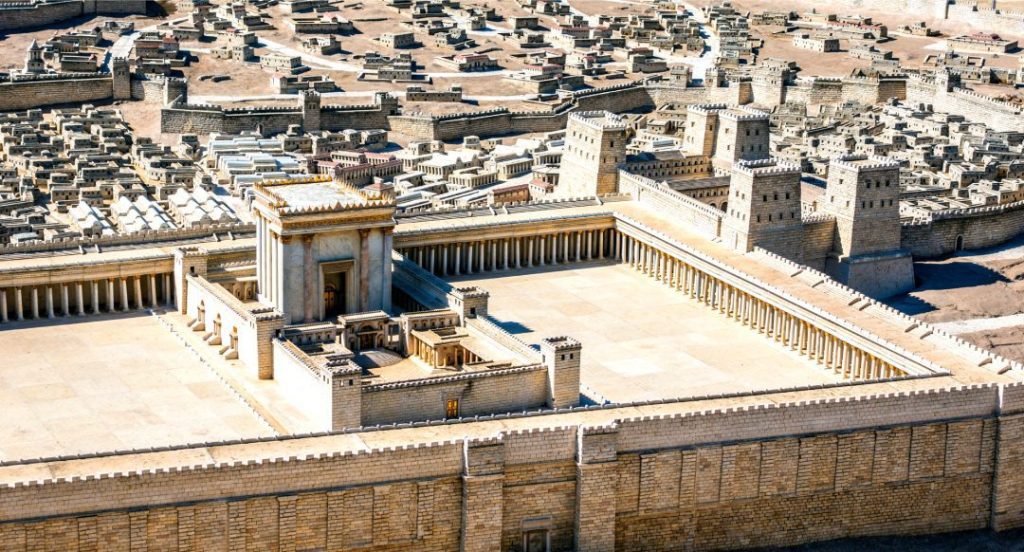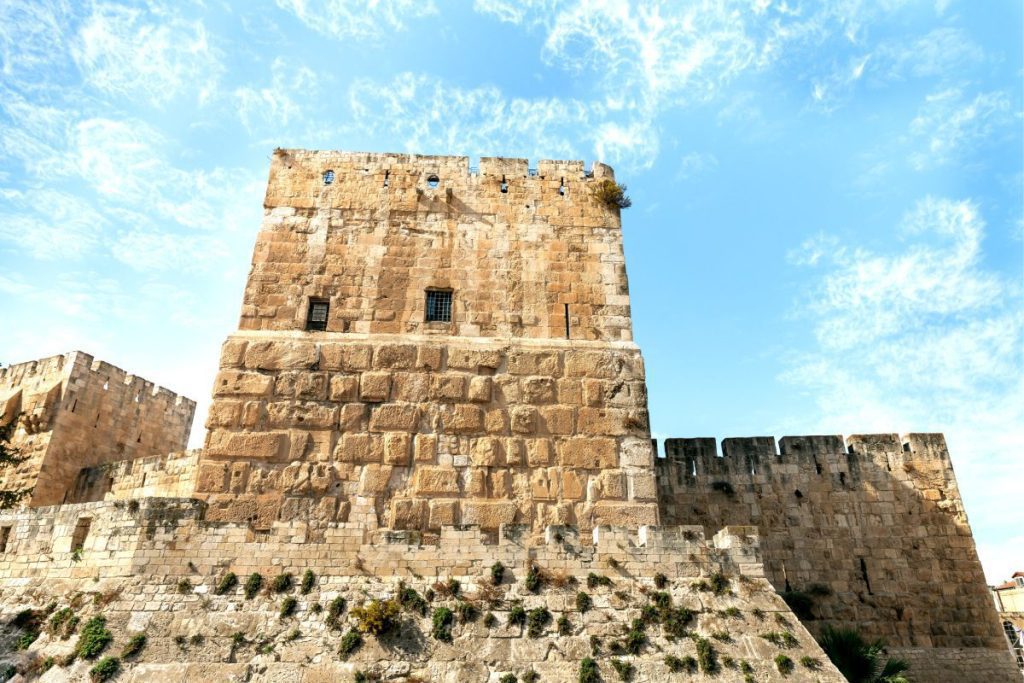Phasael was the Brother of Herod the Great. Furthermore, Phasael was born during the Hasmonean Kingdom reigns Judea to a Jewish aristocratic family of Edomite descent. Moreover, His father, Antipater the Idumaean, was the close advisor of the Hasmonean king Hyrcanus II. And his mother, Cypros was a Nabatean princess. Moreover, Phasael was the elder brother of Herod the Great which was quite close.
Both Phasael and Herod launch their careers under their father, Antipater; who was appointed procurator of Judea for the Roman Republic by Julius Caesar. Then Antipater appoints Phasael to be governor of Jerusalem; and Herod governor of Galilee.
Phasael: Antipater’s Assassination
After the assassination of Julius Caesar, Antipater was forced to side with Cassius against Mark Antony. When Cassius came to Syria to collect troops, he began to demand harsh tributes. So much so that some entire cities and city curators were sold into slavery. Cassius demanded seven hundred talents out of Judea, so Antipater split the cost between his two sons. One aristocrat tasked with collecting tribute was Malichus I, who disdained Antipater and enraged Cassius by not collecting with haste. However, Antipater saved Malichus from death by expending one hundred talents of his own and placating Cassius’ anger.
Although Antipater saved Malichus’ life a second time from a different ruler, Malichus continued to despise Antipater and seek his murder. Josephus presents two opposing reasons, one which would help secure Hyrcanus against the rising threat of Herod, and the other being his desire to quickly dispose of Hyrcanus and take power himself. He devised multiple assassination attempts which Antipater evaded, but successfully bribed one of Hyrcanus’ cup-bearers to poison and kill Antipater
While Mark Antony was in Bithynia about 41 BCE, accusations were brought before him against the two brothers, who were objects of hatred to many Jews. But the shrewd Herod succeeded in obtaining the dismissal of the charges. It was impossible, however, for the Sanhedrin to rest content with the administrations of Herod and Phasael. And charges were again brought against them before Antony at Antioch. Once more the accusations proved to be fruitless, for Antony was indebted to Antipater, while even the weak Hyrcanus II pleaded for them. This led Antony to appoint the pair of tetrarchs.
Revolt of Antigonus the Hasmonean and Phasael’s Downfall
Meanwhile, Antigonus the Hasmonean endeavored to seize the Jewish throne; and in Jerusalem, there were frequent conflicts between his retainers and those of the two brothers; which were especially perilous on the Jewish Feast of Shavuot. So Phasael defended the walls, and Herod the palace, thus routing their antagonists, whereupon Antigonus invoked the aid of the Parthian Empire.
In spite of Herod’s warning, Phasael allowed himself to be lured with Hyrcanus to the camp of the Parthian leader Barzapharnes under the pretext of peace talks. Both Hyrcanus and Phasael were imprisoned. Then they were handed over to Antigonus; who caused Hyrcanus to be mutilated; a disgrace which Phasael escaped by dashing out his own brains; having the satisfaction of knowing before he died that his brother Herod had escaped from Jerusalem and was safe.
Tower of David in Jerusalem
The Tower of David is the northeast tower of the Citadel of Jerusalem. It has been identified as either the Phasael Tower or the Hippicus Tower described by Josephus. The towers named Phasael, Hippicus, and Mariamne were situated in the northwest corner of the so-called First Wall, the Hasmonean and Herodian city wall protecting the Western Hill of Jerusalem. They were situated close to where the Jaffa Gate is today and were built by Herod the Great at the same time he built his immediately adjacent royal palace. These towers protected the main entrance to the city, as well as the palace, constituting a potential last refuge for the king. All three towers have vanished except for the base of the Hippicus (or Phasael) Tower, upon which the present “Tower of David” rests.





